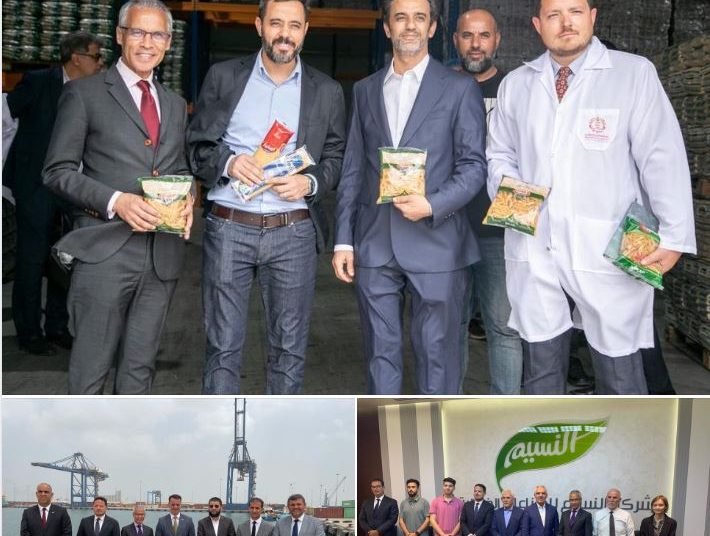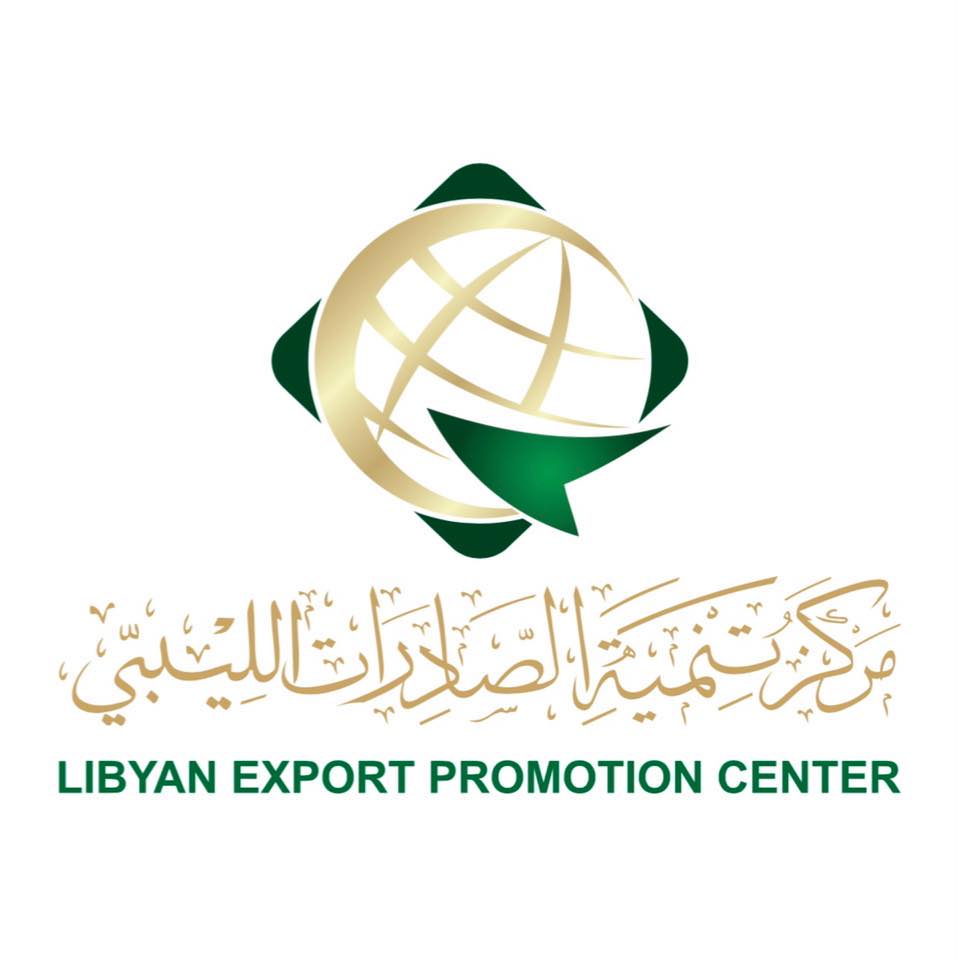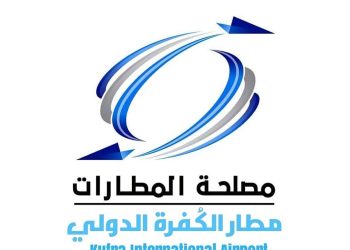The French ambassador to Tripoli, Mostafa Mihraje, visited Misrata and Zliten yesterday. In Zliten, he visited Whiba Holding’s huge Dafnia complex of factories making food products, including pasta.
During his visit to Misrata, he visited the Al-Naseem dairy factory and the Misrata Free Zone (MFZ).
In his visit to the MFZ the French ambassador was received by its Chairman, Mohsen Al-Sagutri, and its General Manager, Ayman Al-Darwish.
Speaking exclusively to Libya Herald, the Director of the Information Office in the MFZ, Alaeddin Baba, stated that the dialogue with the French ambassador focused on inviting French companies to invest in the MFZ. This included ways to introduce the free zone, the advantages and exemptions granted to potential French investors, and more cooperation with the Commercial Attaché at the French Embassy, French business organizations, and promotional and commercial agencies.
The opening of investment doors in the free zone for greater cooperation with all diplomatic missions and commercial attachés in Libya as an effective link and a good way to clarify the picture about Libya’s economic potential was also discussed. Resources, advantages and exemptions that make work within the free zone economically feasible for various foreign investments, were also reviewed.
MFZ a land route to transit trade to sub-Saharan Africa
Referring to the most important advantages that make the MFZ a regional investment attraction centre, Baba highlighted the land transit trade route through the MFZ towards the African continent. This is especially after the adoption of the continental transit trade route from Misrata to Tamanhint in the south of Libya, near Sebha. From there, the transit road goes on towards Niger, Chad and the rest of the continent’s countries that lack easy access to the Mediterranean by land.
He said it incurs additional costs for transportation by air or land from the countries bordering the Atlantic Ocean to the landlocked African countries in Central Africa. This route, he continued, is considered important to the French side in a large way, as it is important to Libya and its neighbours from the countries to its south.
Baba reported that the French Ambassador also expressed his admiration for the size of the completed works, the implemented projects, and the readiness of the MFZ to receive investors, calling for the organization of joint activities between the two parties in order to introduce the free zone and its sea port.










